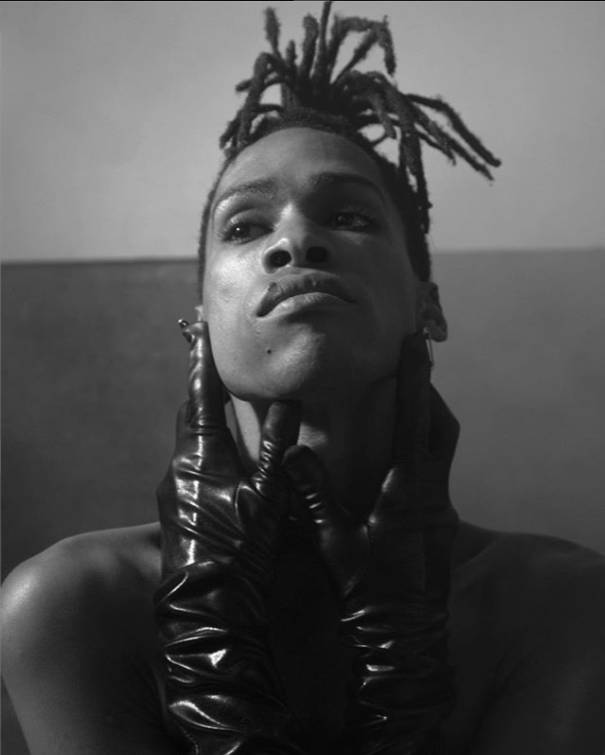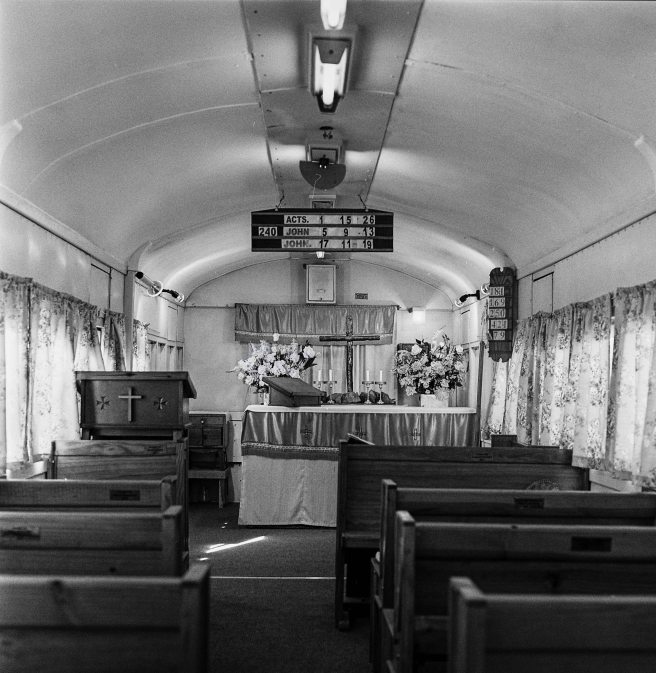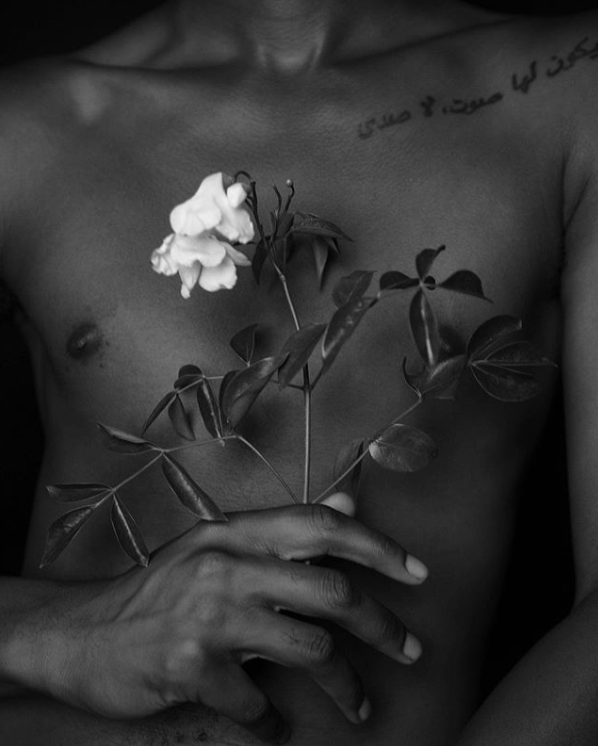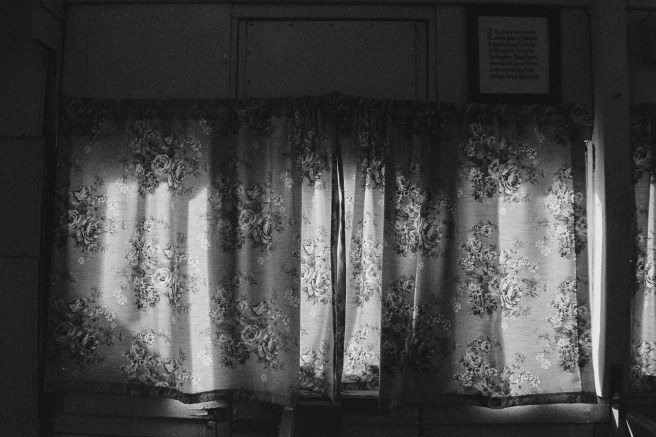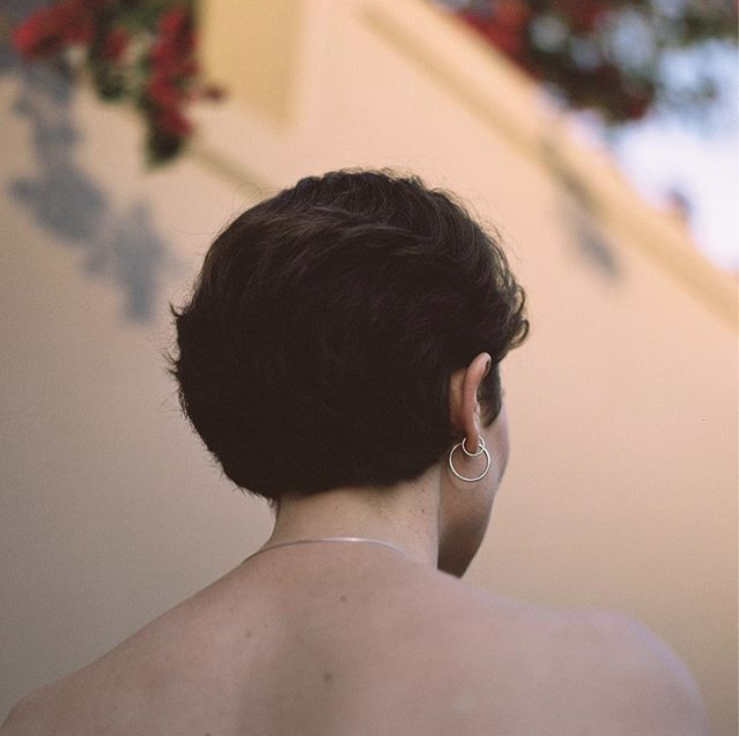Candid intimacy. Grit. Snapshots of personal memories. Longing. These are the descriptions that come to mind when looking at the photographic repertoire of Meghan Daniels.
Meghan Daniels is a Capetonian photographer whose work falls largely under the wing of documentary photography. Regarding her camera as an extension of herself, Meghan does not view what she photographs as subject matter, but instead a compilation of experiences taking the tangible shape of a photograph. “Basically, I guess I don’t care too much for photography but rather a sense of what I interpret, to be honest,” she expresses in an interview with DEAD TOWN zine.
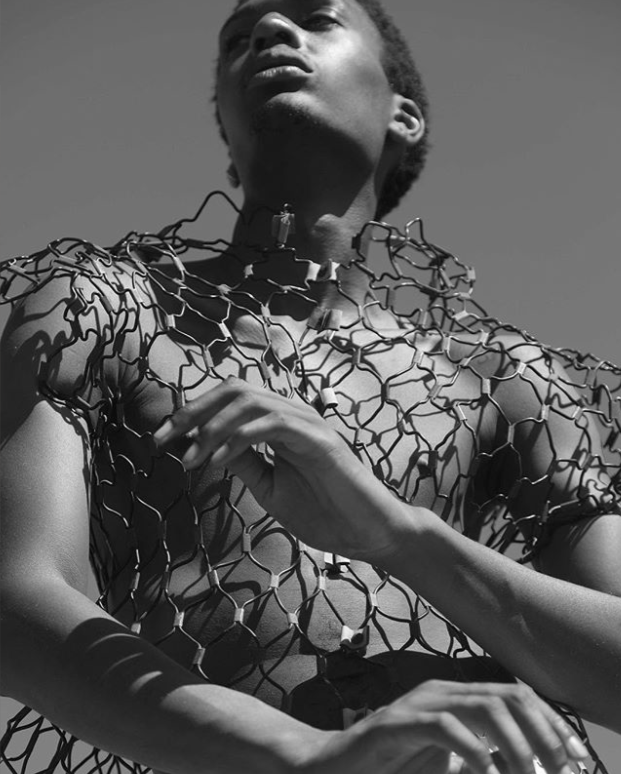
Meghan’s photographic practice began as a visual diary of sorts as she is drawn to capturing those closest to her – herself, friends, family, as well as memory inducing spaces. She articulates further that her visual diary acts as a way of capturing her feelings which touch on themes related to sexuality, gender issues, relationships, intimacy, love, pain, mental health and recovery. She sees photography as a mirror of herself and the world around her. “When people ask what I do, it’s difficult to say I’m a ‘photographer’ and that I ‘photograph’.”
Photography has acted as a medium to facilitate processing the more difficult aspects of life for her. In her personal projects, Meghan captures moments as they unfold with the passing of time. In documentary projects her approach is grounded in research, participatory research methods which including the person/persons the project are centred around, as well as self-reflexivity which plays an integral function. Her commercial practice foregrounds certain visual signifiers that are a trademark of her eye, namely honesty, vulnerability, intimacy and grittiness.
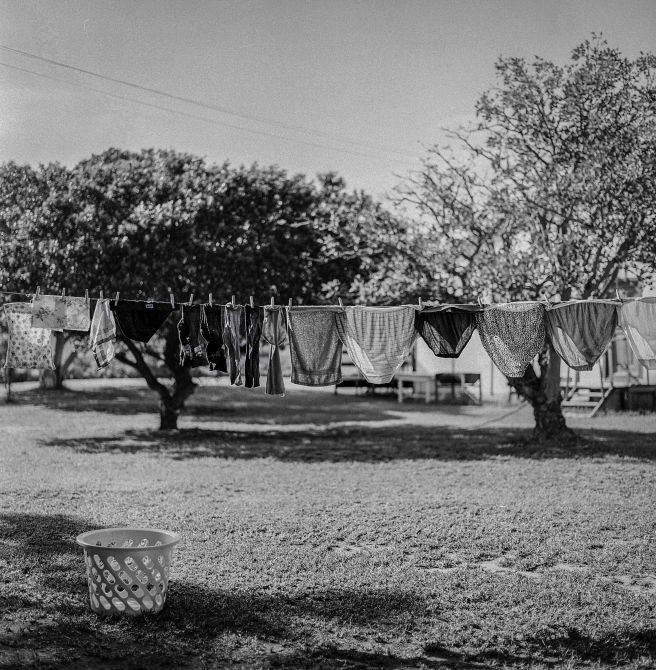
Meghan works as a photographer and cinematographer in a professional capacity. Her go-to camera arsenals are her Contax point and shoot as well as her medium format Mamiya. She is never devoid of inspiration. She finds it in the work of fellow South African creatives, areas seen while driving and the small details in life such as broken, flickering light bulbs just to name a few. But as is the case with most artists, feelings of melancholy also lend inspiration – trauma, heartbreak and so forth. Meghan often uses her practice to heal her own pain.
Images of honesty and true emotion. Real people and real events. Meghan Daniels’ practice tugs on the heartstrings as her candid style is one that projects authenticity and the real nature in which she photographs those close to her makes one feel as though you know them or can identify with the feeling they convey.
